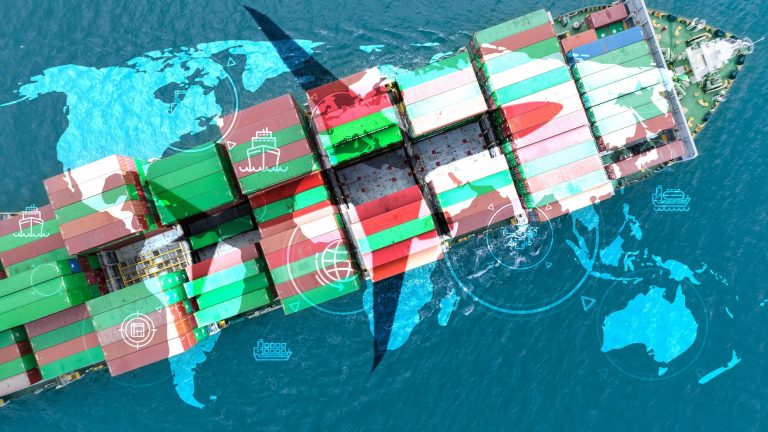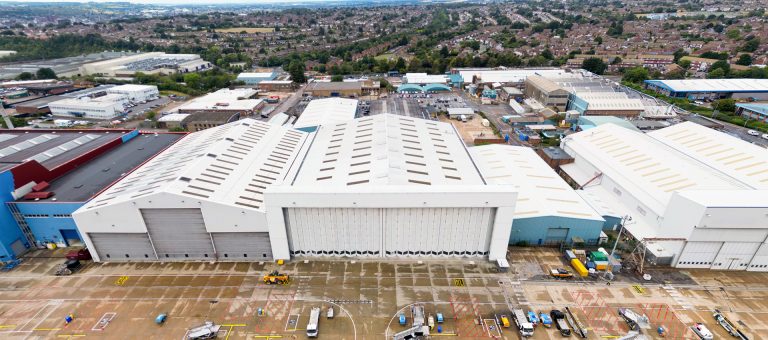Recent research conducted by Microlise has revealed that over two-thirds of transport and logistics managers believe adopting AI will give companies a major competitive edge. AI has dominated conversations across every industry in 2025, and as the year draws to a close, its influence in transport and logistics is set to accelerate.
The research found that 65% of the 250 professionals surveyed said their businesses are already using AI tools, either fully or partially integrated. Nearly a quarter (22%) have experimented with AI but haven’t yet implemented it, while 12% have yet to explore AI’s potential to ease the burden of manual tasks.
Similarly, 61% of respondents believe their business is well-prepared to harness AI in the future. However, 18% said their company isn’t ready to take advantage of these tools, and 21% admitted they’re unsure whether their organisation is prepared for the AI revolution.
A similar level of uncertainty surrounds the risks of AI. When asked about concerns over implementing AI without fully understanding its potential threats – such as ethical issues, accuracy and bias – 21% were unsure. Over 60% expressed concern, while 18% said they weren’t worried about the dangers of relying too heavily on these tools.
However, there seems to be a majority belief that AI should be embraced. When asked if their organisation was confident that investment in the tools would expand the services it can deliver to market, 58% of respondents agreed that it would. Just 12% actively disagreed with the proposal and around a third were unsure.
The survey responses contributed to Microlise’s 2025 industry report, ‘Standing at the Crossroads: A Crucial Moment for UK Logistics’. The report also explores topics such as the use of unified systems, challenges with manual proof of delivery (POD) processes and the environmental impact of fleet operations.

Microlise CEO, Nadeem Raza, said: “The pace of technological change is astonishing. Companies that haven’t yet embraced AI to manage their road haulage fleets are already falling behind competitors using smart tools to optimise routes, boost efficiency and make their services more appealing to customers.
But this gap isn’t impossible to close. Support is out there for those ready to take their first steps into digital transformation, and even businesses starting from scratch can quickly harness technology that could make 2026 their breakthrough year.











